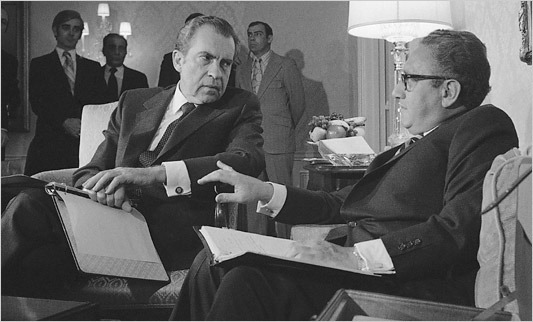Ecologians, meet the US Army
Wednesday, January 10th, 2018[ by Charles Cameron — with huge hat-tips to Foreign Policy and the U.S. Army Corp of Engineers ]
.
From Foreign Policy:
The Only Force That Can Beat Climate Change Is the U.S. Army
America’s military is the only institution that can break the partisan deadlock on the worst threat the nation faces.
The precise extent of human-induced climate change is unclear, but the basic science is unequivocal, as is the danger it poses to the United States. This threat comes from the direct impact of climate change on agricultural production and sea levels but equally importantly from the huge waves of migration that climate change is likely to cause, on a scale that even the world’s richest states and societies will be unable either to prevent or accommodate.
Yet for two out of the past four U.S. administrations, action on this issue has been frozen due to the refusal of a large section of the political establishment and electorate to accept the clear scientific evidence that this threat exists — and the Trump administration has now decided to remove climate change from the list of security threats to the United States under its new National Security Strategy (NSS).
The most urgent and important task facing climate change activists in the United States is to persuade the U.S. national security establishment of the mistakenness of this decisionThe most urgent and important task facing climate change activists in the United States is to persuade the U.S. national security establishment of the mistakenness of this decision. If no serious progress can be made under this administration, then concentrated thought must be dedicated to placing climate change at the heart of the next administration’s NSS and of U.S. security thinking in general.
This is because the most promising avenue to convince conservative American voters and to generate genuinely serious action in the United States against climate change would be to firmly establish the link between global warming and critical issues of national security. The threat should be obvious, but even before Donald Trump took office, the security elites in the United States and other major countries had not yet really integrated it into their thinking. Thus the vast majority of reporting and analysis of security issues in the Persian Gulf relates to classical security threats: the future of the Iran nuclear deal, the geopolitical and religious rivalry between Saudi Arabia and Iran, the Saudi-led boycott of Qatar, and so on.
Almost unnoticed by security institutions has been a report from the Massachusetts Institute of Technology, which states that by the last quarter of this century, climate change is likely to make it impossible for people in the Persian Gulf and South Asia to operate in the open for much of the year due to a combination of extreme heat waves and humidity. South Asia is currently home to the largest concentration of people in the world, many of them engaged in agriculture. If the MIT forecast proves true, what will future historians say about the current security preoccupations of the Gulf and South Asian governments and their Western allies?
**
This strikes me as one of the most important posts I’ve read, confronting often military-averse eco-thinkers with the one governmental source that has been eco-concerned at an impressively high level, see this High-level Climate Change Vulnerability Assessment
Hm — when they say “high level” they mean something along the lines of “overview from 30,000 feet”, although they get into considerable detail as befits a military with suitable high alitude intelligence capabilities — even metaphorically speaking. OTOH, by “at an impressively high level” I mean “with strong support from an impressive group of general officers”.
Go, Army! Go U.S. Army Corp of Engineers!
Go, eco-warriors and ecologians!






